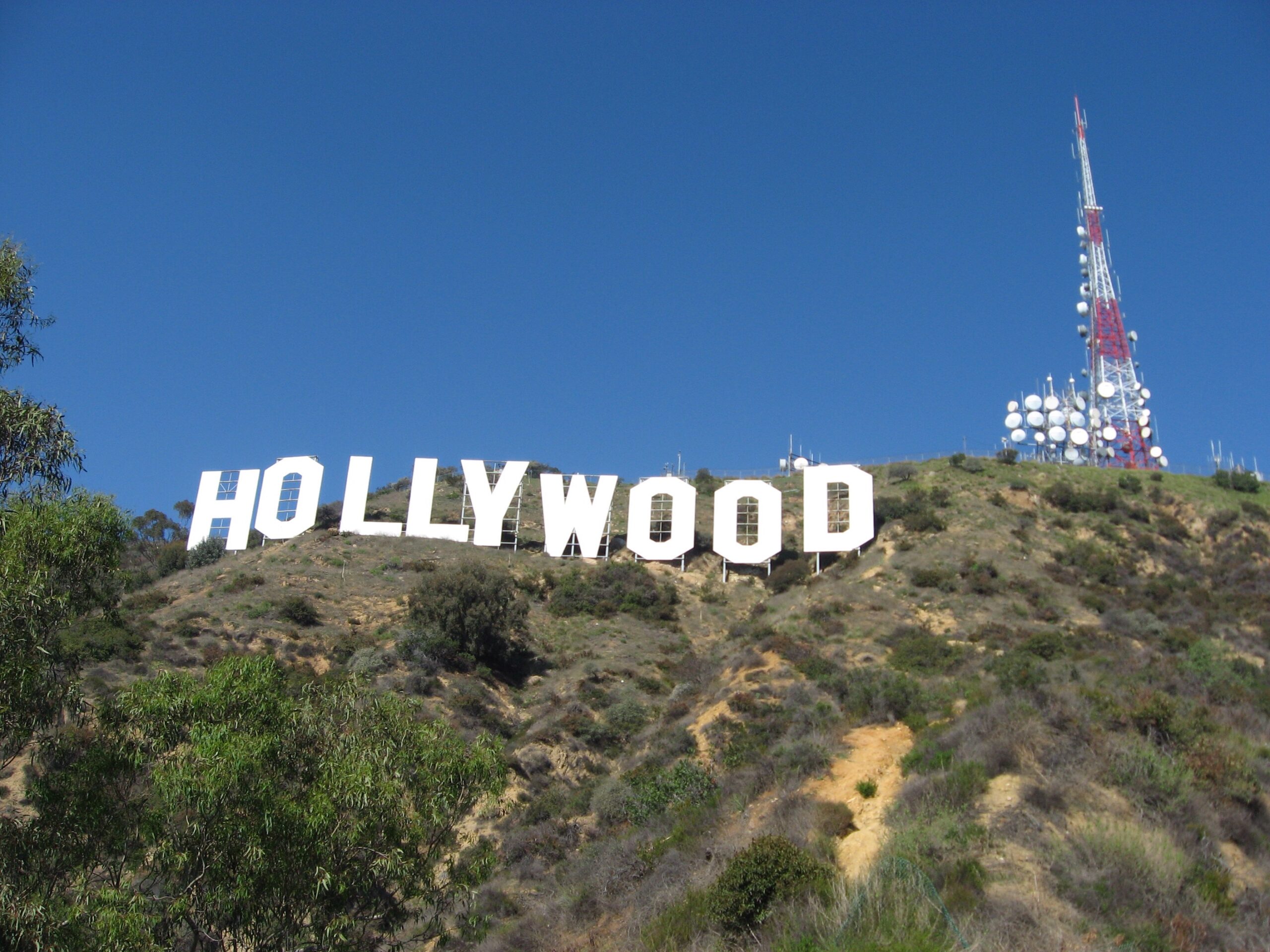In this a rare first-hand view of the Actors Studio during the fervent ”˜50s, Cliff DeWilde, one of Lee Strasberg’s earliest disciples recalls the heady days of the Actors Studio in New York, where thespians could gather in a former church on West 44th Street to hone their craft and gripe communally about the cultural defects of Los Angeles. A dazzling array of luminaries referred to by their first names pass by: Marilyn, Jimmy, Marlon, to name only a few. (Lee, of course, refers to either Lee Strasberg or Lee Harvey Oswald.)
Put yourself in Cliff DeWilde’s penny loafers and picture yourself in the thick of the action. And try not to contract athlete’s foot.
* * *
On Saturday night Shelley (Winters) feuded with Ben Gazzara over the concept of “action.” Shelley believes, along with Stanislavsky, that action is the vital element that moves the actor toward the culmination of a potentially unknowable yet inevitable transaction of energy and desire and relates to the scene as a whole and the arc of the play. Gazzara passionately defended “action” as that elusive something you seek out, usually on a Saturday night, but even if it’s not Saturday night, it is a pretty good thing whenever you can get it. The two actors differed sharply about the meaning and application, and refused to speak to each other during smoking break; although, both expressively blew smoke in the other’s direction in a way which could be construed as extremely hostile and yet erudite.
After the break, things came to a head between Ben and Shelley. Shelley locked Gazzara’s neck in a half Nelson and ground his nose into the floor. Headstrong Gazzara wouldn’t concede an iota to her understanding of “action” and at one point called Shelley a “method sow.” In an access of petulance, Shelley sat on top of him until his face turned beet-red and blue, rather like a neon sign. Gadge (Elia Kazan) had to pry her off Ben. Ben’s face was still squirming, glued to the floor.
Many were horrified but seized the opportunity to expand our affective memory. I tried to engage Shelley in debate about our respective concepts of affective memory; however, confirming my deep sense that she is a genius, Shelley conceded that her understanding of this crucial facet of acting is limited to “Huh?”
To be sure, Lee has been quite testy since he broke with Stella Adler over the concept of affective memory right before the lunch tab came. Lee cautioned the students after Ben Gazarra’s face was stuck on the floor and quivering like a jellyfish: “Avoid using memories less than 7 years old—to avoid reopening a trauma.” Shelley, who ascribes to “acting with your scars,” then sat on Lee, who turned deep purple and gasped for breath. I never before suspected there was that kind of artistry and psychological approach to acting.
Ernie Borgnine is at an extremely vulnerable and sensitive stage of his artistic evolution. He was traumatized and deeply wounded after being ejected from the cast of a TV western, “McHale’s Corral.” He has been at loggerheads with his co-stars and directors. He insisted on playing his fight scenes with real glass, “none of that sugary sissy stuff,” that actors customarily plunge through, and he demanded real bullets for the gun battles and real booze for the barroom scenes. I am convinced that he is a genius of the first rank.
After pounding throat-burning shots of single-malt whisky, Borgnine had an annoying habit of saying, “Uta Hagen,” and swan diving through the windowpanes.
As he hurled himself though one window he sliced his jugular open and, as a result, he was dismissed from the show’s cast for being dead. But Ernie is a real trooper. Wounded, he has come back to New York and has taken to wearing bongos, sleeping with them, embracing them—preparing for a role in a lesser known Chekhov one-act, “The Cherry Pop-Tart,” that revolutionized packaged pastry in Russia, and will stretch Ernie’s acting abilities to the utmost.
_____________
Grady Miller can be reached at grady.miller@canyon-news.com






